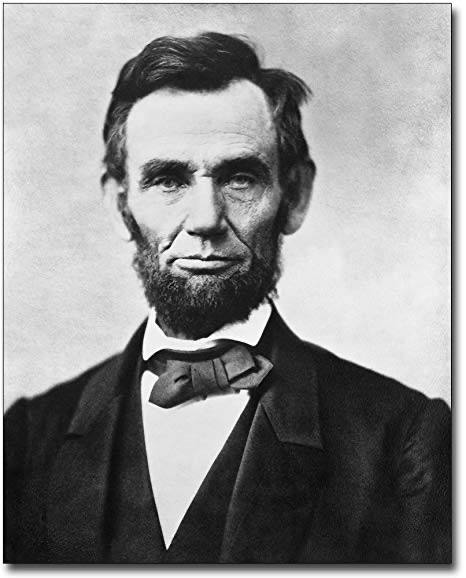The Shakespeare that Summoned the Restorative Spirit of Lincoln

Abraham Lincoln
February 12 , 1809 - April 15 , 1865
His Humanity
Lincoln was haunted by death both in his own life and in the war . He would often sink into deep melancholy only to pull himself up; over and over again.
Telling jokes and funny stories connected him to people and lifted his spirits. Reading and reciting dark passages of poetry about mortality, the ever-changing physical world, and life’s indifferent impermanence allowed him to express depression, irony, and vulnerability and provided him with a kind of reprieve from his own oppressive pain.
Both comedy and tragedy sustained him.
Of an evening in May, 1864, Lincoln received bad news from the front:
“ Twenty thousand poor souls sent to their account in one day “ at the Battle of the Wilderness in Virginia.
Besotted with grief , he picked up a volume of Shakespeare and read aloud in his high - pitched voice to those present from Macbeth’s most famous soliloquy:
“ Tomorrow, and tomorrow, and tomorrow,
Creeps in this petty pace from day to day,
To the last syllable of recorded time;
And all our yesterdays
have lighted fools
the way to dusty death.
Out, out, brief candle!
Life’s but a walking shadow,
a poor player,
That struts and frets his hour upon the stage,
And then is heard no more.
It is a tale,
Told by an idiot,
full of sound and fury,
Signifying nothing."
Macbeth
Act V , Scene V
(1606 )
These very sentiments of despair and abnegation inspired President Lincoln to summon the restorative, purposeful spirituality of the Second Inaugural Address delivered just ten months later, weeks before his death.
"Abe"
David S. Reynolds
2020
(Source)
Bernard Kenny of Hoboken is the former LD33 State Senator.





